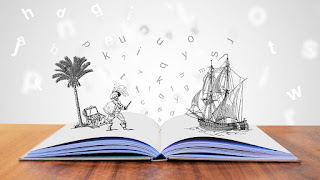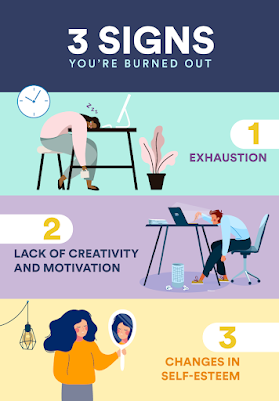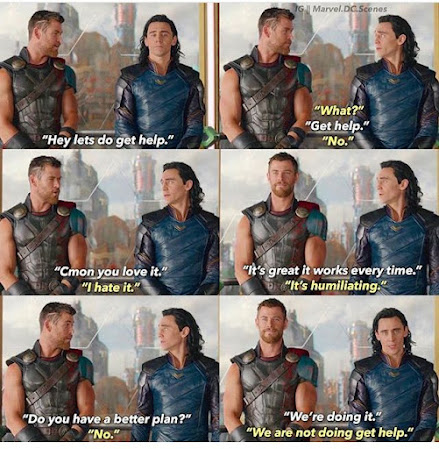I am a huge, huge, HUGE advocate of literacy for children with disabilities. For everyone, really. I know, most people will say "Of course, everyone should be literate" but I am not talking about merely being able to read a few words.
What I want for everyone is to become addicted to books! I want people to fall so deeply in love with books that they cannot wait to pick up their next novel. When I hear people say that they read a single book the entire year, my head just about explodes. Read a couple chapters every day!
So real quick about disabilities, then I will go off on another tangent about boys and reading.
Disabilities and Literacy
Being real here- my older daughter has an IQ of 41. She struggles to learn, period. And reading is a complex skill! It involved decoding and understanding what the words are saying when they are all together. But guess what? She is reading. And writing. In fact, she carries around notebooks and if people don't understand what she is saying, she will write down a few key words (usually spelled correctly!). It opens worlds of possibilities!
Benefits of Literacy:
1. It gives pleasure. It provides endless hours of being lost in a good story and letting your imagination run wild.
2. Literacy gives power. Especially for a non-verbal child, being able to write down what they want is a HUGE tool they can use!
3. It opens up more possibilities. If I can give a list of things Chelsea needs to do, that helps accommodate for her poor executive functioning skills. Heck, I use a to-do list every day because I can't keep track of everything!
Let's get down to it- how did I get Chelsea to read after the doctors told me it would never happen?
1. READ ALOUD! We read aloud for a minimum of 30 minutes every day. Some days (holidays, etc) it would be a couple hours. We read Berenstain Bears Go To School at least 1,000 times. The Very Hungry Caterpillar was more tape than pages. I had to replace several books after they were too well-loved to be read anymore.
2. For Chelsea, we never bothered with teaching phonics and the "Top 100 Sight Words". A lot of English doesn't work with phonics anyway, and the top sight words hold NO meaning for a child with an intellectual disability. Words like "the", "or", and "if" are terrible words to teach to a kid who still can't tell the difference between a duck and a chicken. So instead, we used the whole word approach. I made a list of all the words that held concrete meaning for Chelsea, and taught her those. We learned "Mommy" and "Snow White" and "puppy". And she picked up on it SO fast!
3. We model reading and keep books available. At home, we make sure that everyone has books (physical books, not digital!) accessible to them. Everyone has a bookcase in their room, and we have several in our living room. We keep a couple dozen books in the car at all times. I don't care if some of the books get torn or ripped by accident. I'd rather them be read and worn out than pristine and never opened.
4. Never give up! I started reading daily to Chelsea the day she was born, and really started teaching Chelsea to read when she was five years old. She is now close to 11 years old, and is just now really catching on. So it took years and years of persistent, consistent effort, but it is paying off big time now!
BOYS AND LITERACY
We talked about literacy and disabilities a little. Now let's transition to boys and literacy (major soapbox of mine). There is an assumption that boys don't like to read and don't enjoy school. There are a lot of problems when it comes to boys and books, particularly in America, so let's break it down:


















